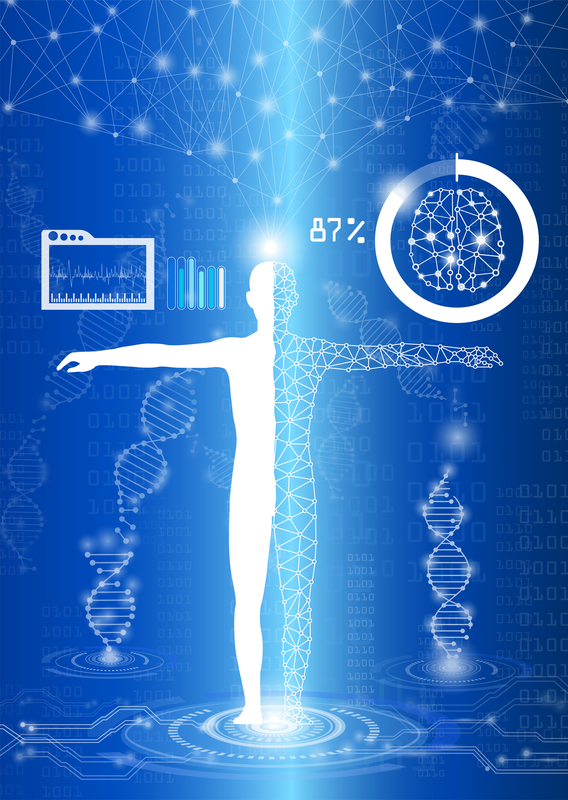Technology constantly is changing the way we live – from how we shop to how we work to how we meet new friends or reconnect with old ones. While medical technology used in hospitals and clinics has evolved over the past century, the next phase of development will focus on bringing more of that technology right to the patient’s fingertips. To that end, medical schools increasingly are focusing on tech advances and the types of students who are best suited to turn the most innovative ideas into everyday realities.
Introducing the Carle Illinois College of Medicine in Urbana-Champaign – the world’s first engineering-based school of medicine. Set to welcome its first class of students in July, the school bills itself as the nation’s first medical doctorate program designed from inception to integrate engineering with medicine. And that approach means growing opportunity for students with quantitative backgrounds, such as in math, computer programming, coding and data sciences. Successful candidates also will possess “the four Cs:” compassion, competence, curiosity and creativity. The latter two qualities typically aren’t sought out by traditional medical schools, where students are taught to follow a strict standard of practice.
Each course offered by Carle is designed by a scientist, a clinical scientist and an engineer. Students will make weekly clinical rounds with both engineering and clinical faculty. Each student also must select one idea for a capstone project designed to improve some aspect of healthcare and develop a prototype for that invention.
Carle’s Dean, Dr. King Li, believes the school’s faculty and students, along with those of other medical schools that increasingly are offering engineering tracks and courses, will prove game changers in the medical field.
“This group will be the bridge between the people who understand the technology and the people who deliver the health care,” Li, a radiologist who holds 13 patents, recently told reporters. “There are very few people who can cross between these two groups.”
Li envisions a coming time in healthcare when delivery drones and an intelligent personal assistant like Amazon’s Alexa will no longer be the stuff of sci-fi movies and instead be the norm.
“Imagine the day you can use Alexa to do a medical interview,” he said. “Then Alexa makes a provisional diagnosis and says, ‘I need to do these kinds of diagnostics.’ Then a drone would bring diagnostic tools to you. You can put these tools on your chest, put the ultrasound on your belly. It is delivered to you. The data will be collected and that will be sent to an artificial intelligence for analysis. All that data will be presented to the health care provider, and then they communicate with you, decide on the intervention for you. And the drone will deliver the treatment to you.”
Of course, while technology changes by the minute, our bodies still work exactly the way they always have. That’s why it’s critical that all medical students, no matter their specialty, understand the common links between organ systems and the “how and why” of various medical concepts. That’s where WOLFPACC’s innovative teaching approach comes in. We can help you better prepare for medical training and practice, including acing your COMLEX and USMLE exams. Call 904-209-3140 to learn more.





